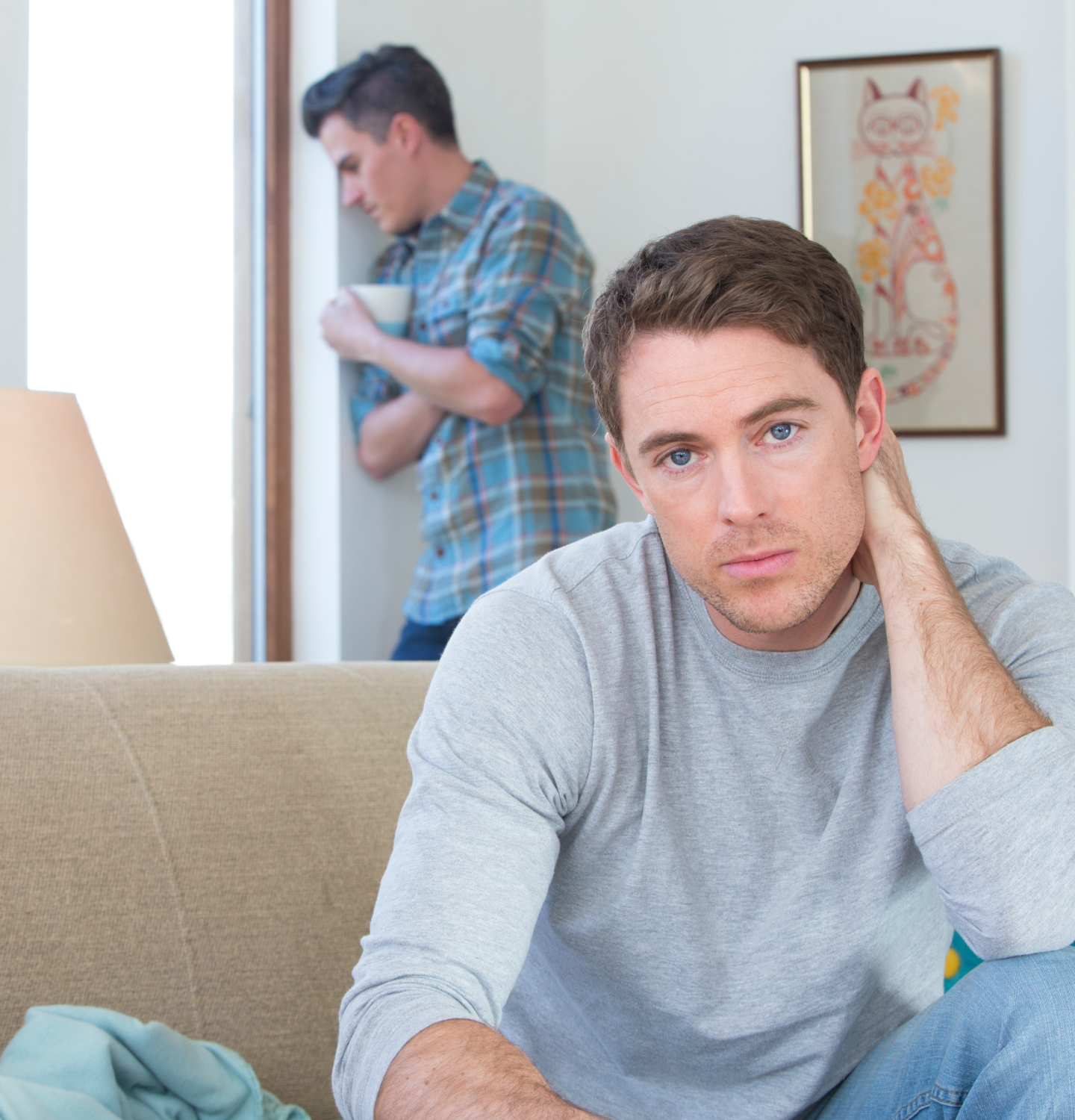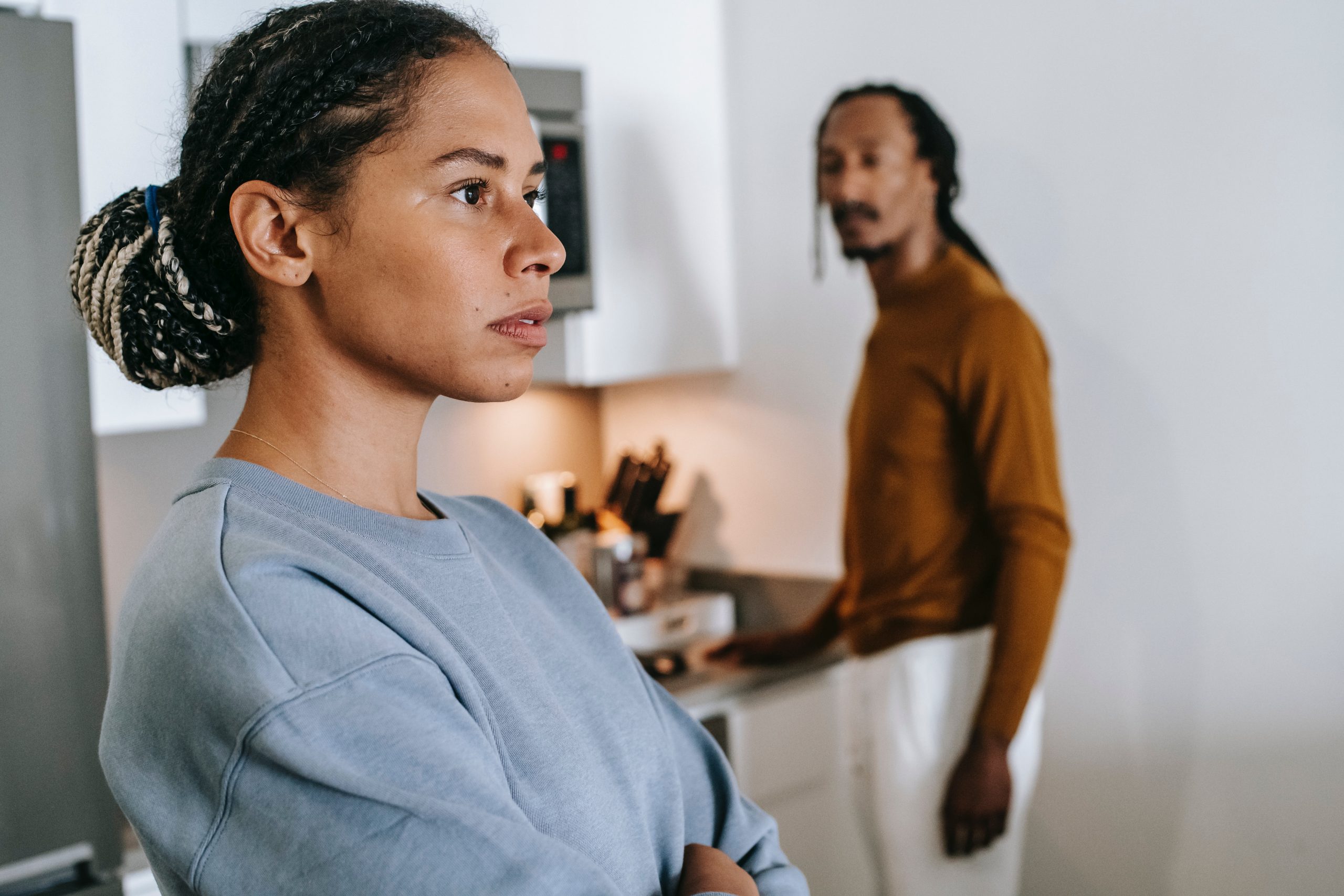
About Post-Exposure Prophylaxis (PEP)
PEP is an emergency medicine that can stop HIV infection if taken as soon as possible, but not more than 72 hours after coming in contact (or potential contact) with HIV.
Get PEP Now
Key Facts
You may be able to protect yourself by taking PEP for 28 days if you:
Are HIV-negative
Have possibly come into contact with HIV by having sex without a condom or exposure to needles containing blood
Seek care as soon as possible, before 72 hours (3 days) after coming into contact with HIV
Are a survivor of sexual assault
Call 443-509-2912 if you would like some guidance on PEP
About Post-Exposure Prophylaxis (PEP)
Post-Exposure Prophylaxis (PEP) prevents HIV infection after coming into contact with HIV. PEP is an emergency medicine that can stop HIV infection if taken as soon as possible, but not more than 72 hours after coming in contact (or potential contact) with HIV.
What is Post-Exposure Prophylaxis (PEP)?
- Post = after
- Exposure = coming into contact with HIV
- Prophylaxis = preventing an infection from occurring
- Post-exposure prophylaxis (PEP) is an HIV prevention option where HIV-negative individuals take HIV medications after coming into contact with HIV to reduce their risk of becoming infected. Medication for PEP is taken every 28 days and must be started as soon as possible after contact with HIV
Who should take PEP?
PEP is for HIV-negative people who had anal or vaginal sex without a condom (or a condom broke) with someone who has HIV or you are not sure if they have HIV.
PEP can also help if you were forced to have sex against your will (a survivor of sexual assault) or you are unsure if you have come into contact with HIV due to injection drug use.
If you worry that you are at risk of becoming infected with HIV, ask your provider about PrEP for the prevention of HIV.
When should I take PEP?
PEP works best if you start taking it right away. Go to an emergency room or clinic as soon as possible and ask for PEP. You need to start within 72 hours (3 days) after coming into contact with HIV.
PEP is taken every day for 28 days.
How does PEP work at stopping HIV?
PEP uses some of the same medicines that people living with HIV take to treat their HIV. If you come into contact with HIV, it takes a few days for the HIV infection to spread in your body. These medicines begin to stop the virus from growing, so you need to start PEP right away. As soon as you start PEP, the medicines begin to stop the virus from growing.
You need to take PEP every day to keep enough medicine in your body to stop HIV. If you want to stop taking PEP before the 28 days are over, talk to your provider first.
How well does PEP work at preventing HIV?
PEP is not 100% successful. If PEP is taken as soon as possible after you come into contact with HIV and taken for 28 days, it can prevent HIV infection. It works best if taken within 72 hours after contact (or possible contact) with HIV. In one research study of healthcare workers who came into contact with HIV, PEP reduced their chances of getting HIV by 80%.
After you finish your 28 days of PEP, your provider will need to repeat your HIV test to make sure PEP worked
What are the side effects of PEP?
PEP can have mild side effects, like nausea and headache that might happen in the first two weeks of starting the medications.
If I take PEP, do I still have to use condoms?
- PEP does not fully protect you against HIV, is it also not a cure for HIV. Condoms give you and your partners’ added protection, even while on PEP. Condoms also protect against other sexually transmitted infections (STIs) and pregnancy.
- PEP is only for emergency situations. If you worry a lot about getting HIV, Pre-Exposure Prophylaxis (PrEP) may be for you.